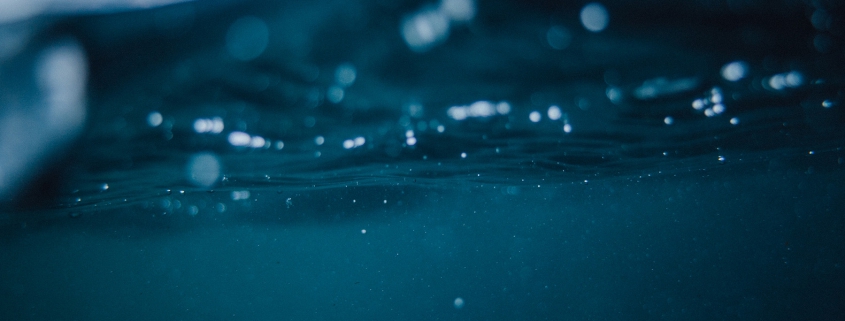Can Environmental Windows be effective in managing effects of dredging?

An examination of whether dredging operations suspended during generic windows of environmental sensitivity could reduce the impacts on marine life has found the marine invertebrates, seagrasses and macroalgae too diverse to be covered by a one-size-fits-all approach.
An international team of researchers were involved in the review for the Western Australian Marine Science Institutions’ Dredging Science Node. Lead researcher, Dr Matthew Fraser from The University of Western Australia’s (UWA) Oceans Institute, said the results helped to clarify whether there was enough scientific evidence to base the timing of dredging operations outside a set of generic Environmental Windows.
“The project was basically tasked with looking at whether avoiding or reducing dredging during sensitive life history periods may help to minimise dredging impacts, and we used Western Australia as a case study,” Dr Fraser said. “The problem is that we don’t know enough about reproduction, planktonic dispersal and recruitment for many benthic marine organisms in Western Australia.”
 |
 |
| Western Australia is a hotspot for macroalgal diversity. Slow growing macroalgae are considered as having higher vulnerabilities to dredging impacts. (Matthew Fraser) | Chromodoris westraliensis (Nudibranch) at Cottesloe Reef. (Matthew Fraser) |
“Combine this knowledge gap with species-specific timing of these events suggests a generic environmental window does not protect all species,” co-author UWA’s Professor Gary Kendrick said.
“What this means is that selection and management of Environmental Windows are best considered on a location by location basis with priority given to ecologically and economically important species that we know enough about,” Dr Fraser said.
 |
| Western Australian seagrasses form important habitat that supports diverse assemblages of marine animals. Slow growing seagrasses such as Posidonia australis (above) are at higher risk from dredging impacts than faster growing seagrasses. (Matthew Fraser) |
Fraser MW, Short J, Kendrick GA, McLean D, Keesing J et al. Effects of dredging on critical ecological processes for marineinvertebrates, seagrasses and macroalgae, and the potential for management with environmental windows using Western Australia as a case study Ecological Indicators http://dx.doi.org/10.1016/j.ecolind.2017.03.026
The WAMSI Dredging Science Node is made possible through $9.5 million invested by Woodside, Chevron and BHP as environmental offsets. A further $9.5 million has been co-invested by the WAMSI Joint Venture partners, adding significantly more value to this initial industry investment. The node is also supported through critical data provided by Chevron, Woodside and Rio Tinto Iron Ore.

